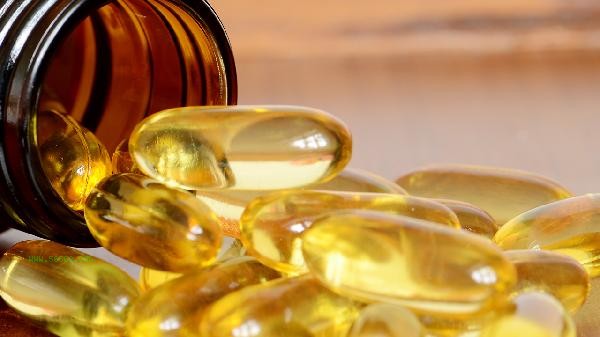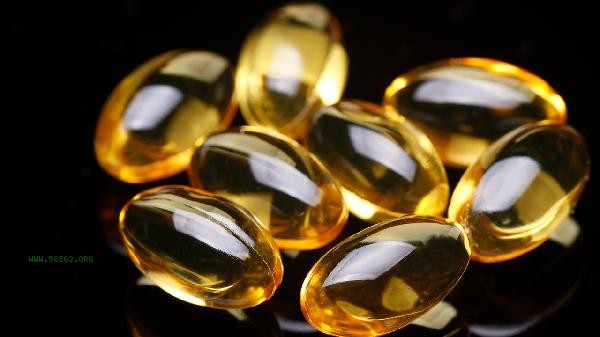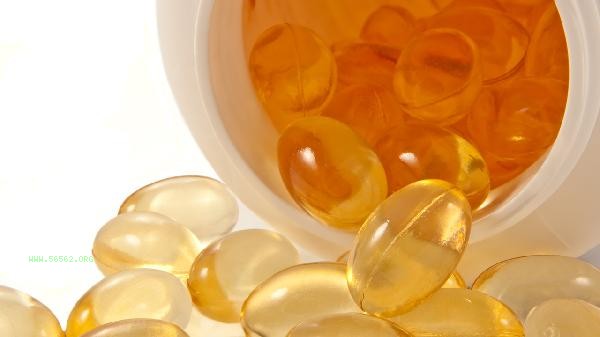Baby DHA fish oil can generally be supplemented in moderation for a long time, but the dosage needs to be adjusted according to age and dietary structure, and the nutritional status needs to be evaluated regularly. DHA plays an important role in the neurodevelopment of infants and young children, but excessive intake may increase metabolic burden. DHA fish oil, as an important source of docosahexaenoic acid, has physiological effects in promoting retinal development and enhancing cognitive function during the growth and development period of infants and young children. Breastfeeded infants usually do not require additional supplementation, and those with fortified DHA in formula milk powder also need to calculate their total daily intake. For young children in the period of complementary food supplementation, if fish intake is insufficient, supplements can be considered, but infant specific dosage forms should be selected to avoid excessive vitamin A and D in adult fish oil. Premature infants or children with special constitutions should use under the guidance of a doctor and monitor coagulation function and growth and development curves. Long term use of SEP may lead to accumulation of fat soluble vitamins, intestinal discomfort, or allergic reactions, manifested as skin rash, diarrhea, and other symptoms. Some deep-sea fish oils pose a risk of heavy metal pollution, and the selection should be based on the testing report. Babies who are allergic to seafood should use algal oil DHA as a substitute with caution. If there is a decrease in appetite or abnormal bleeding during use, it should be stopped immediately.

It is recommended to obtain DHA naturally by eating deep-sea fish such as salmon and cod twice a week, combined with foods rich in alpha linolenic acid such as walnuts and flaxseed to promote conversion in the body. Regular child health check ups should be conducted during the use of supplements to avoid overdose caused by co administration with vitamin AD preparations. After the age of two, with a diversified diet, one can gradually reduce their dependence on supplements and cultivate balanced eating habits based on dietary assessments.










Comments (0)
Leave a Comment
No comments yet
Be the first to share your thoughts!